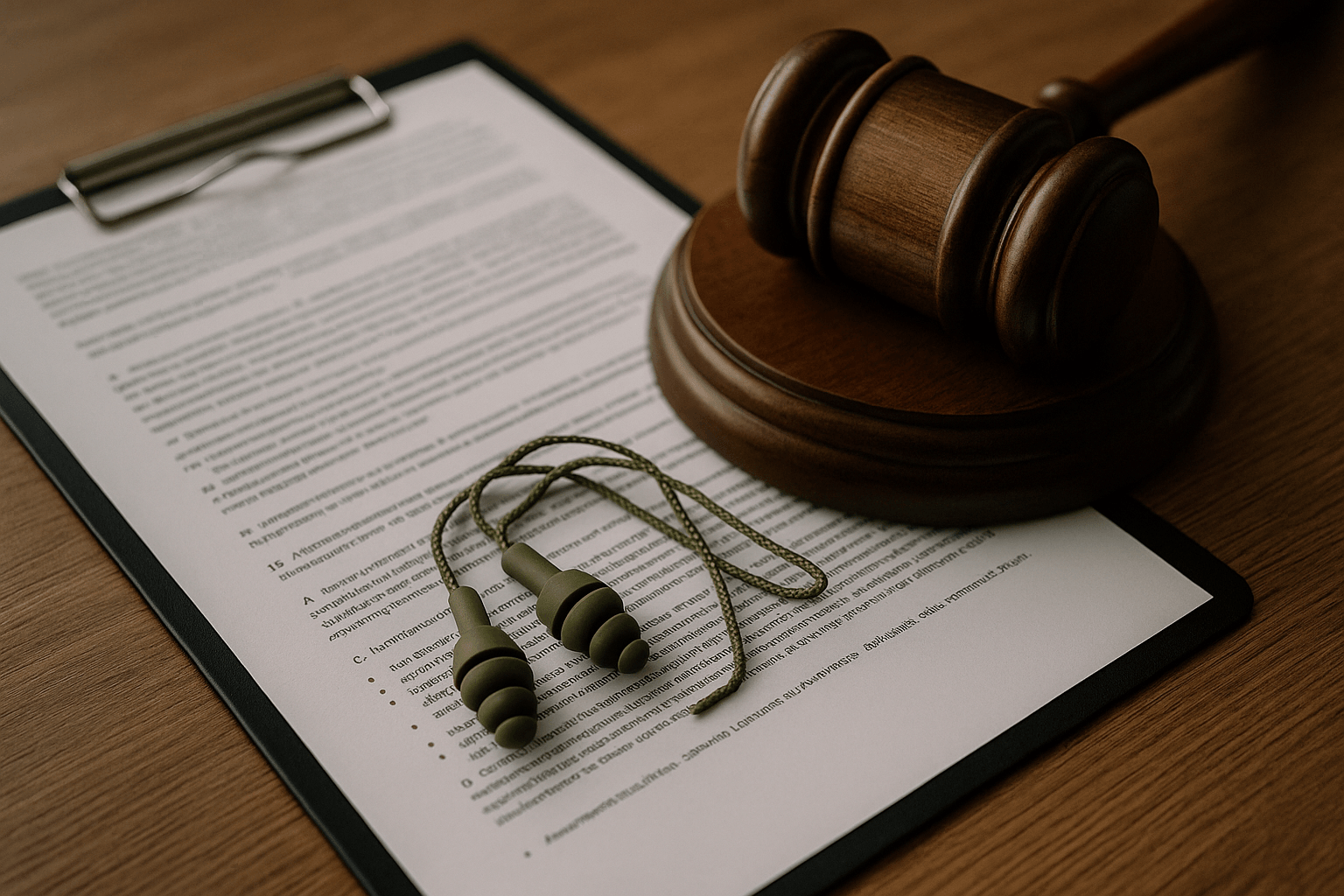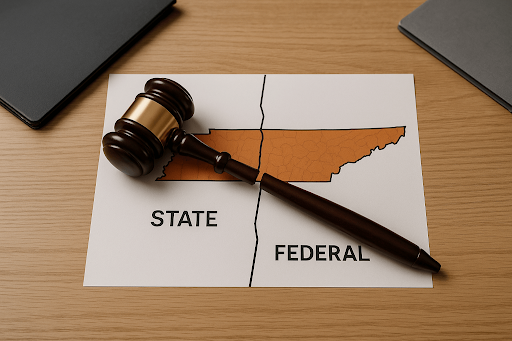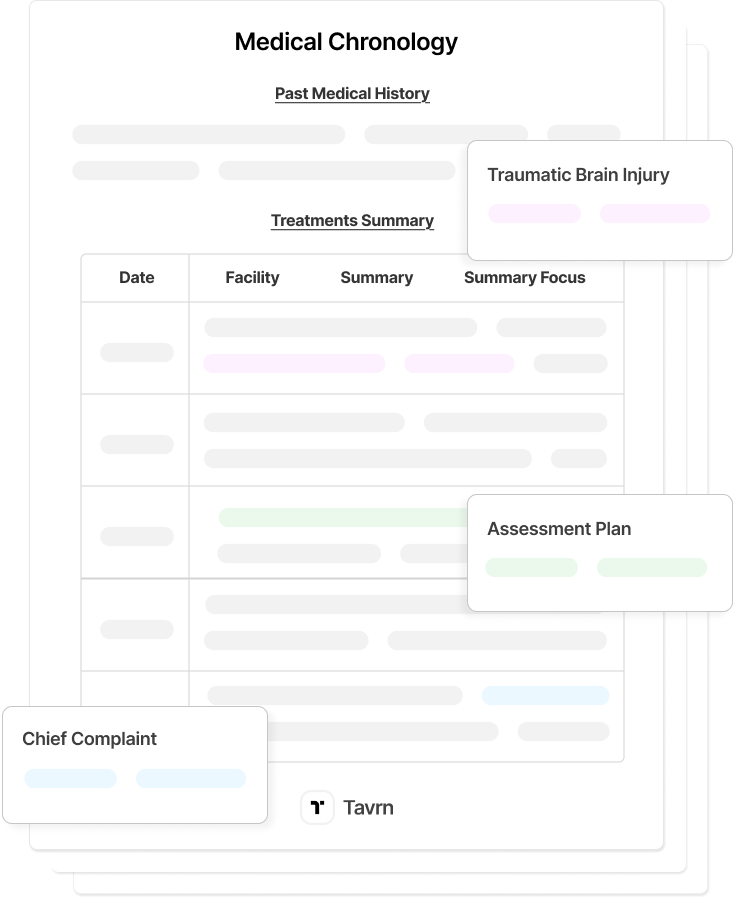Damage caps in Florida remain in the Florida Statutes, but have been declared unconstitutional and unenforceable. The Florida Supreme Court struck down limits on wrongful death damages and noneconomic damages in 2014 and 2017, respectively.
Plaintiffs may recover the full amount of noneconomic damages awarded by juries, even though the statutory text has not been repealed. At the same time, procedural requirements for filing malpractice claims remain fully enforceable.
This article reviews Florida’s malpractice cap legal framework, the disconnect between statutory provisions and constitutional rulings, recent legislative developments, and the procedural requirements governing medical negligence claims in the state.
Legal Framework and Constitutional Authority in Florida
Florida medical malpractice damage caps were codified in Chapter 766 of the Florida Statutes, specifically Section 766.118, in 2003, as part of a legislative response to what lawmakers described as a medical malpractice insurance crisis.
House Bill 1713 (2003), signed into law by Governor Jeb Bush, created the current framework for damage caps, which centers on Florida Constitution Article I, Section 21 (access to courts) and Article I, Section 2 (equal protection).
The statutory framework includes detailed pre-suit procedural requirements and expert testimony standards.
Are Medical Malpractice Caps Enforceable in Florida?
Damage caps in medical malpractice cases are no longer enforceable in Florida, including noneconomic damages, economic damages, and wrongful death damages.
The law still requires strict compliance with Chapter 766 procedures, and failure to meet presuit requirements can result in dismissal, sanctions, or fee shifting.
Statutory Medical Malpractice Damage Caps in Florida
Despite being struck down in court, Florida's statutory damage caps remain codified in the Florida Statutes:
- Noneconomic Damages Against Practitioners: $500,000 per claimant from individual healthcare providers, $1 million total from all practitioners combined.
- Noneconomic Damages Against Non-Practitioner Defendants: $750,000 per claimant from hospitals and healthcare facilities, $1.5 million total from all non-practitioners.
- Enhanced Caps for Death or Permanent Vegetative State: $1 million per claimant from practitioners, $1.5 million from non-practitioners.
- Emergency Services Practitioners: $150,000 per claimant, $300,000 total from all emergency care providers.
- Economic Damages: No caps apply to actual economic losses, allowing full recovery of medical expenses, lost wages, and other quantifiable damages.
- Wrongful Death Damages: Subject to the same noneconomic damage limitations, with economic damages remaining uncapped.
Recent Developments & Pending Legislation
Two 2025 bills attempted to address who may recover noneconomic damages in wrongful death cases involving medical negligence, but failed to pass:
- HB 6017 (2025) would have removed the exception that prevents certain adult children (25+) and parents of adult children (25+) from recovering noneconomic damages in medical negligence and wrongful death claims.
It passed both chambers but was vetoed by Governor DeSantis on May 29, 2025.
- SB 734 (2025) proposed the same changes to HB 6017.
The bill advanced through committees but was laid on the table and did not become law.
Future reforms may need sustained legislative momentum to overcome gubernatorial veto.
Key Florida Medical Malpractice Court Precedents
Two Florida Supreme Court decisions were instrumental in ruling medical malpractice damage caps unconstitutional in the state:
Estate of McCall v. United States: Wrongful Death Ruling
Estate of McCall v. United States, 134 So. 3d 894 (Fla. 2014) arose from the wrongful death of Michelle McCall following childbirth-related medical negligence at a military clinic.
The Court struck down wrongful death noneconomic damage caps, holding that the cap violated the Equal Protection Clause of the Florida Constitution (Article I, Section 2) and found no rational relationship between the caps and solving an insurance crisis.
North Broward Hospital District v. Kalitan: Personal Injury Extension
North Broward Hospital District v. Kalitan, 224 So. 3d 758 (Fla. 2017) involved Susan Kalitan, who suffered a catastrophic esophageal injury during routine surgery.
The Court extended McCall to personal injury cases, invalidating caps on noneconomic damages for catastrophic injury cases, and confirming that Florida's statutory caps are unconstitutional across both wrongful death and personal injury claims.
Procedural Rules for Filing Malpractice Claims in Florida
Florida medical malpractice claims must comply with Chapter 766’s procedural framework, regardless of damage cap enforceability:
- Pre-Suit Notice Requirements: 766.106 requires pre-suit notice to each prospective defendant, with medical records and HIPAA authorizations.
- Expert Testimony Standards: 766.102(5) sets qualifications for testifying experts based on recent professional activity.
- Certificate of Merit: 766.203 requires a verified expert opinion, and 766.104(1) mandates counsel certification of good faith.
- Statute of Limitations and Repose: 95.11(4)(b) sets a two-year discovery period with a four-year repose, tolled during the 90-day presuit investigation. An automatic 90-day extension is also available.
Faster Florida Medical Malpractice Case Preparation
Successful malpractice claims in Florida demand precision and speed. Attorneys must navigate strict Chapter 766 procedures while preparing cases in an environment where statutory caps remain written but unenforceable.
Streamlining medical record review, chronology building, and pre-suit documentation is critical to meeting deadlines and maximizing recovery. AI‑driven legal platforms automate record retrieval, summary composition, and demand drafting to reduce case preparation time by 70%.
Learn how Tavrn helps Florida medical malpractice firms streamline preparation. Get a demo.




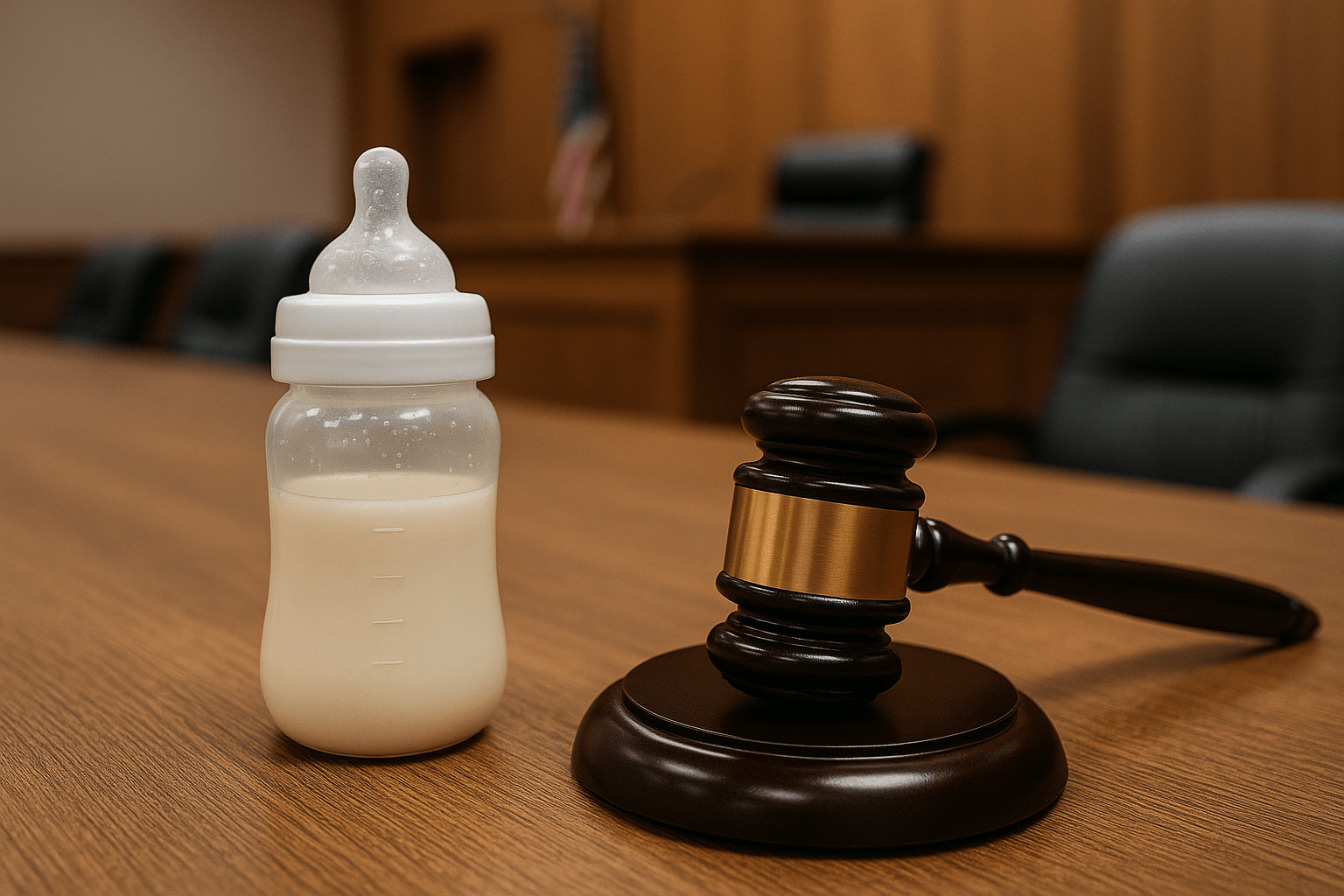








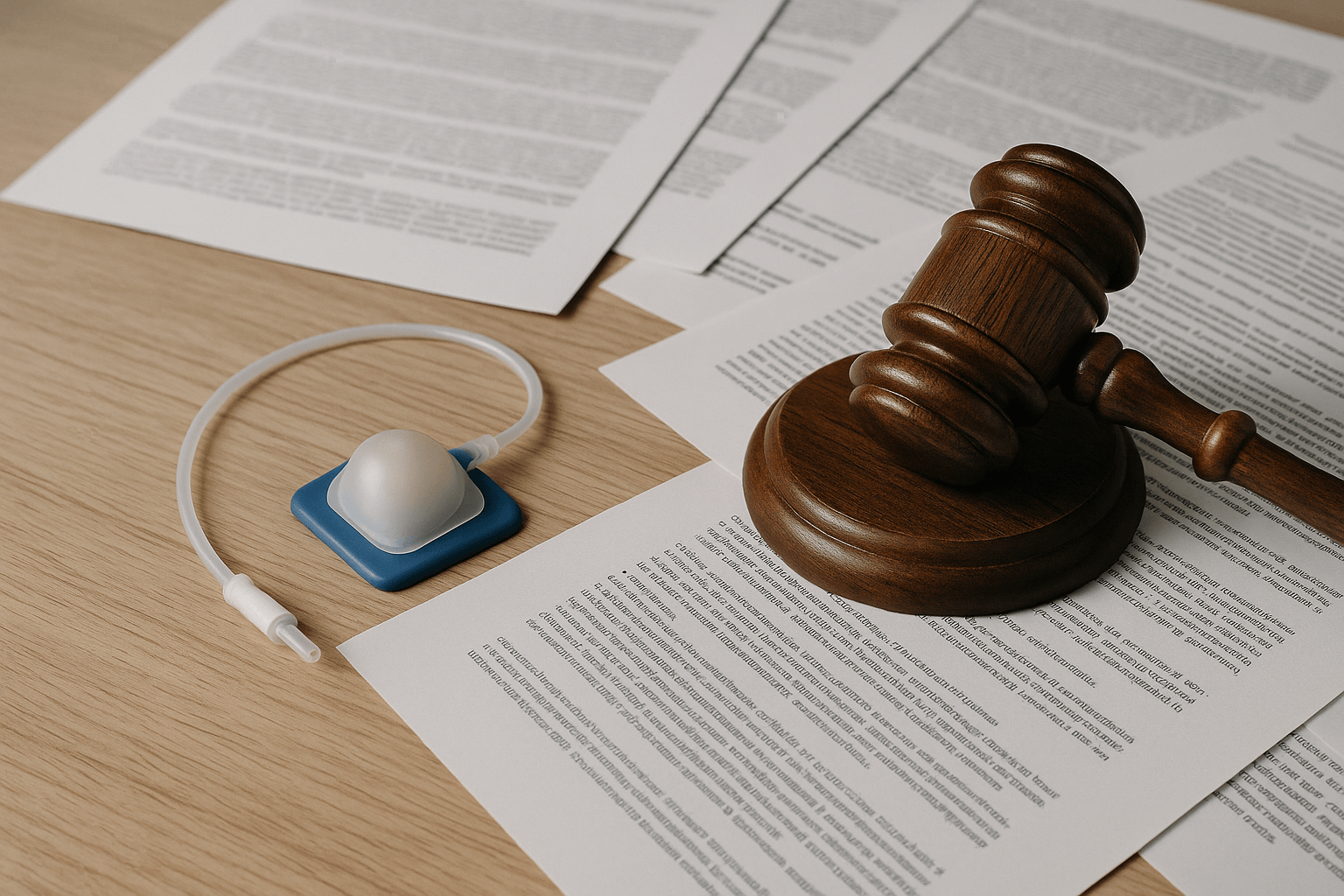






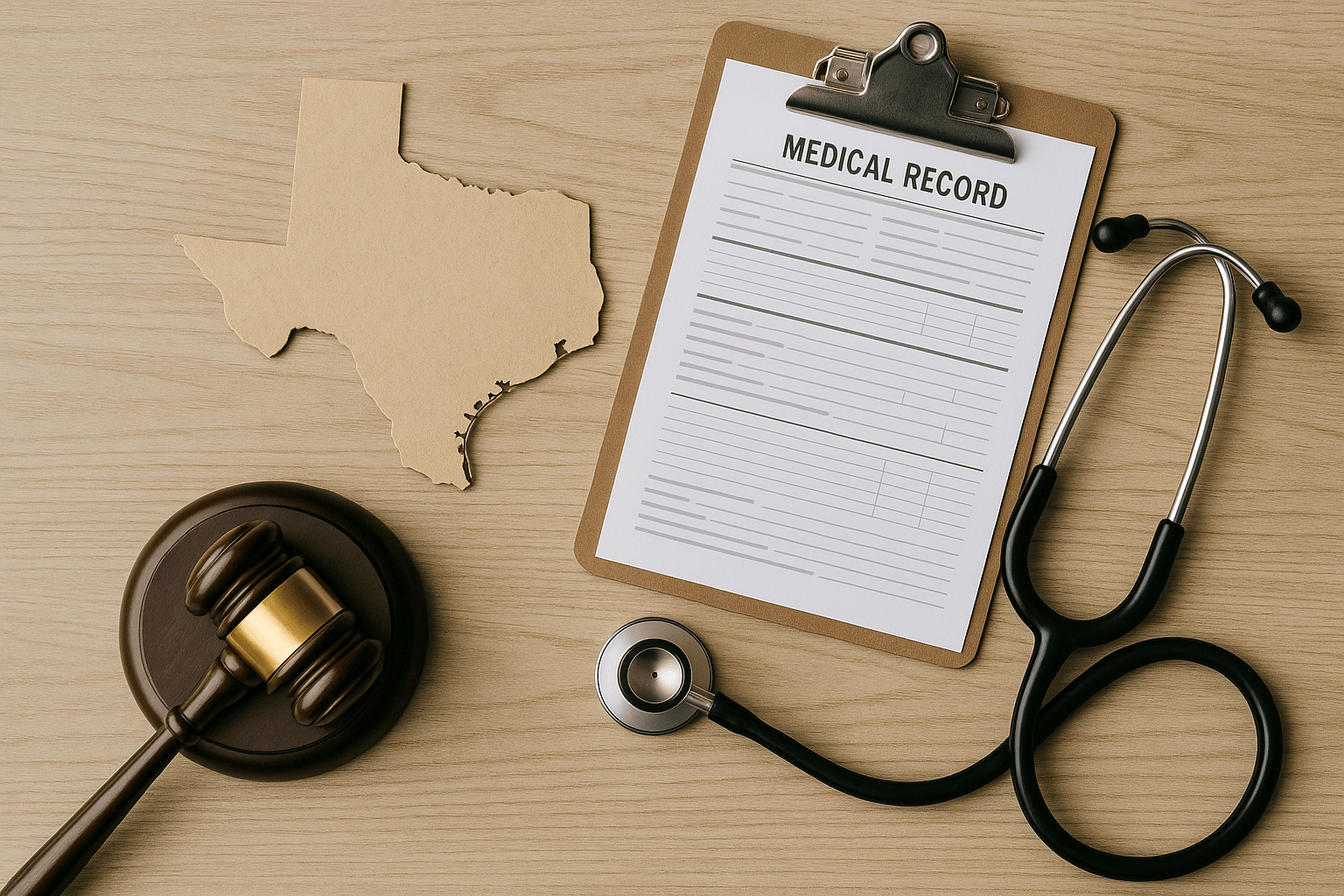





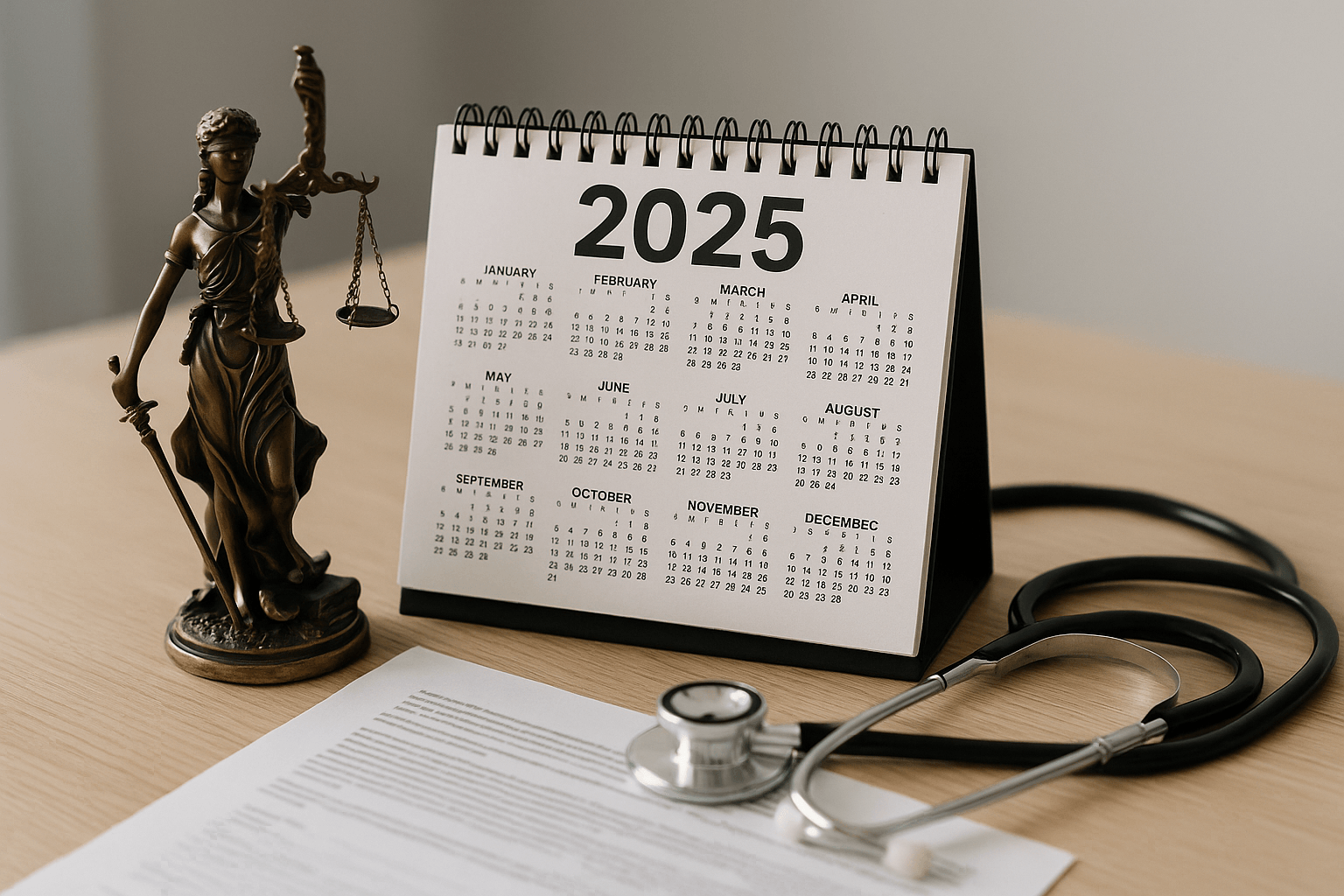
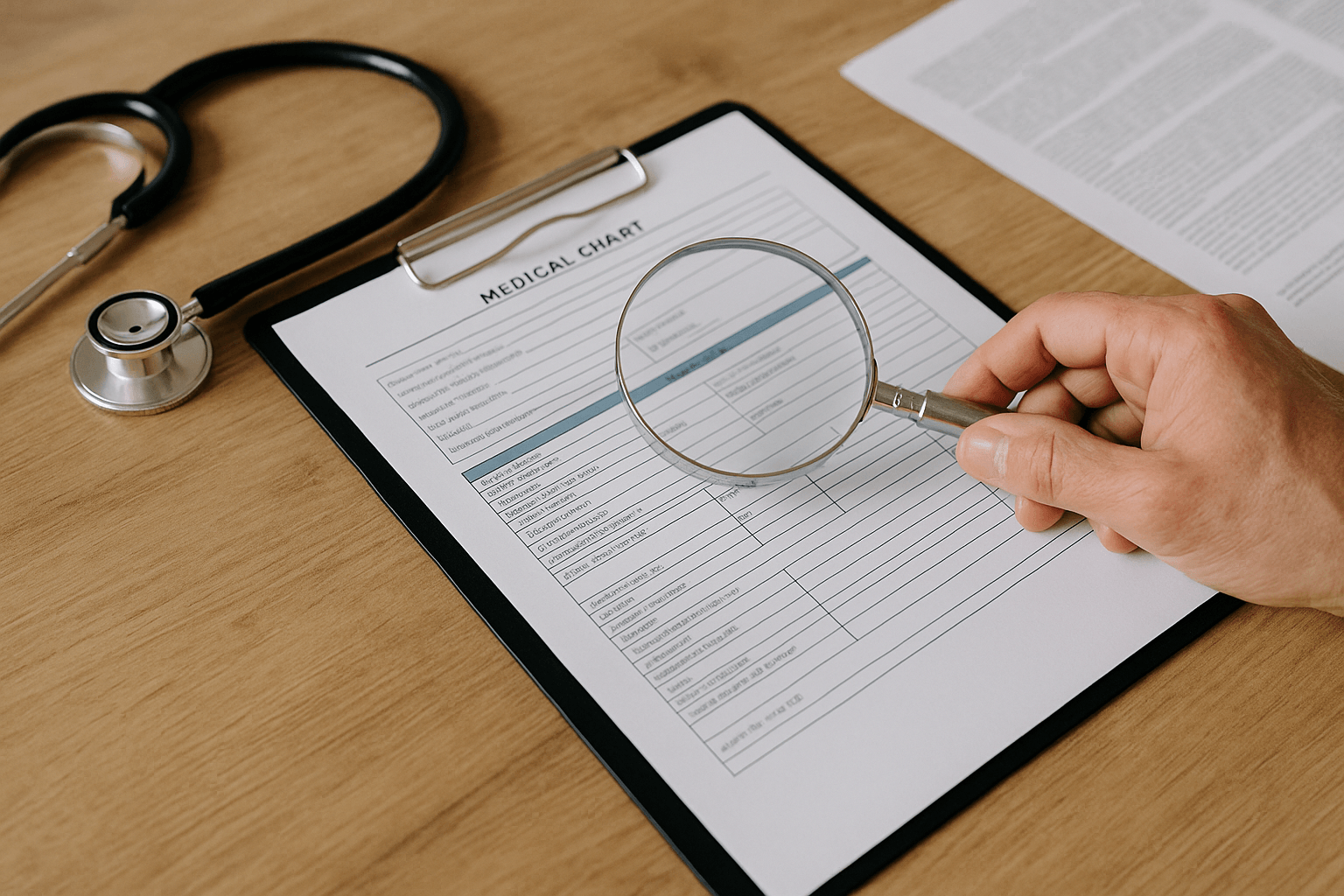


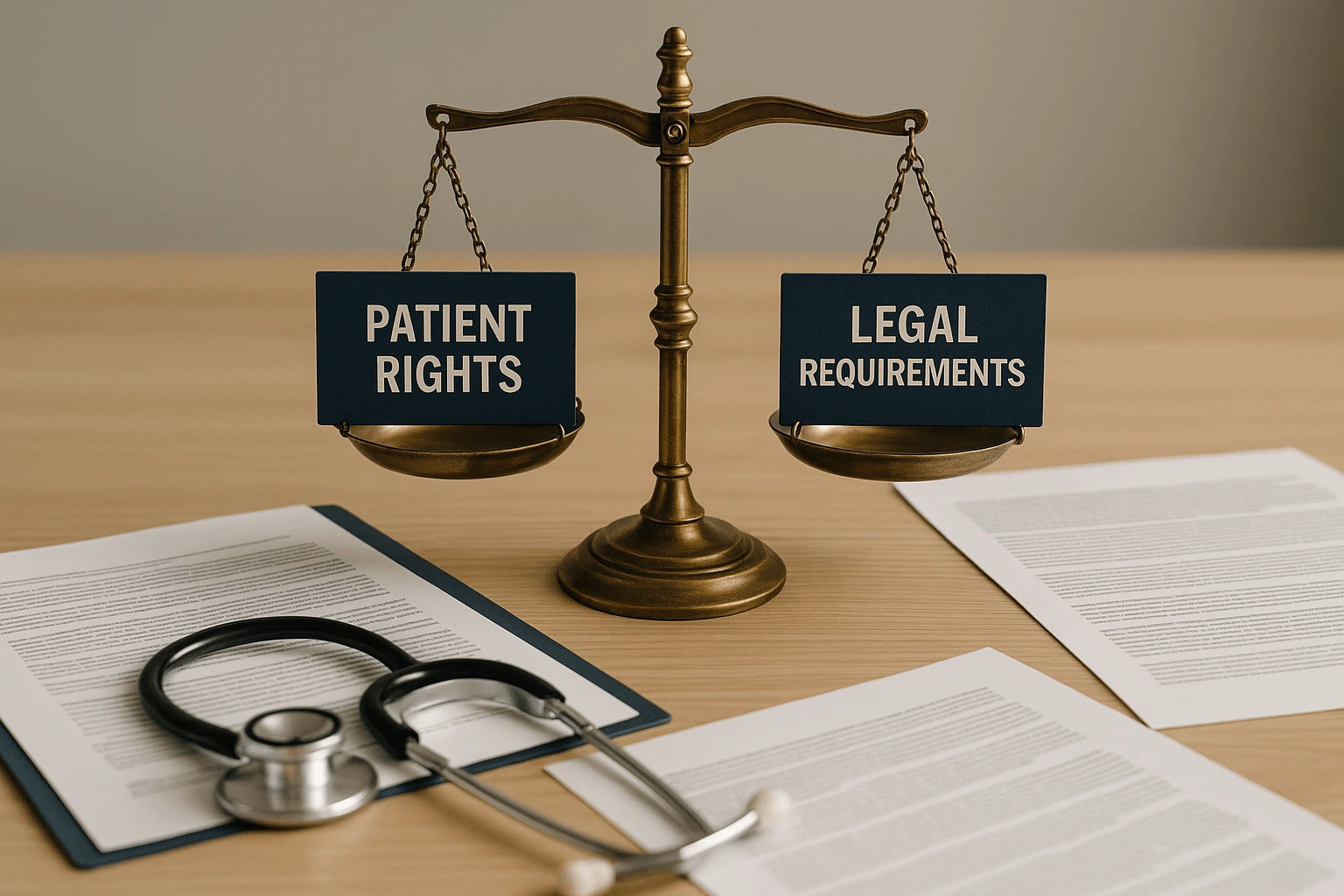
.webp)
.webp)


